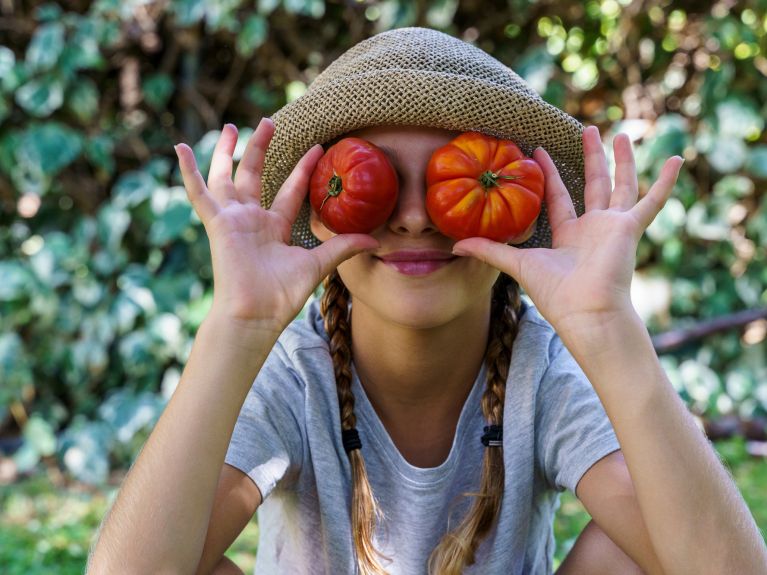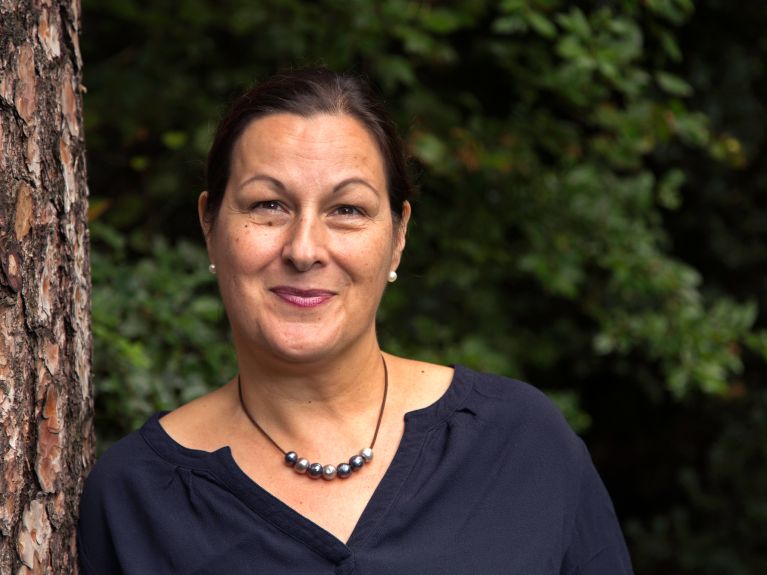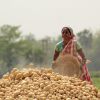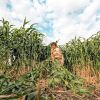Rethinking food
How can food be fair, just and environmentally friendly? Nina Wolff, Chair of Slow Food Germany, explains in this interview.

The global network Slow Food campaigns worldwide for sustainable food for everyone. Dr Nina Wolff, Chair of Slow Food Deutschland e.V., explains how this can work.

Ms Wolff, what is the idea behind Slow Food?
Slow Food works to implement a food world in which all people have access to good, clean and fair food. Slow Food shows what the necessary political, practical and culinary solutions for this look like.
How does Slow Food work?
We’re engaged regionally, nationally and internationally with educational work, with projects for the protection of diversity and with political advocacy. Slow Food is active in over 160 countries, sometimes with its own national representation, as in Germany, and with individual projects.
Dieses YouTube-Video kann in einem neuen Tab abgespielt werden
YouTube öffnenThird party content
We use YouTube to embed content that may collect data about your activity. Please review the details and accept the service to see this content.
Open consent formHow can we contribute to improving global food systems through sustainable food?
If the demand for sustainable products grows, this has a positive effect on sustainable production. From Slow Food's point of view, it’s crucial that civil society, politics and trade create an appetite for sustainable food and convince people that pleasure and enjoyment can be combined with responsibility towards people, animals, the environment and the climate.
What influence does the food industry have on the climate?
The processes involved in the production, sale and consumption of our food are responsible for around one third of man-made greenhouse gas emissions. Animal products and food waste are particularly significant. The industrial food system is a major contributor to the great crises of our time: climate change, biodiversity loss, social crises.
Pleasure and enjoyment can be combined with responsibility towards people, animals, the environment and the climate.
The sustainability goals of the UN aim at ending hunger worldwide by 2030. What needs to happen for us to achieve these goals?
We as a world community would have to put global and social justice at the centre of our actions and align the way we produce, process and use food with planetary boundaries and organise it predominantly in regional cycles. In order for there to be enough for everyone on our planet, we in the Global North have to change the way we eat in three key ways: significantly more plant-based, more regional and without waste.
You would like to receive regular information about Germany? Subscribe here:



